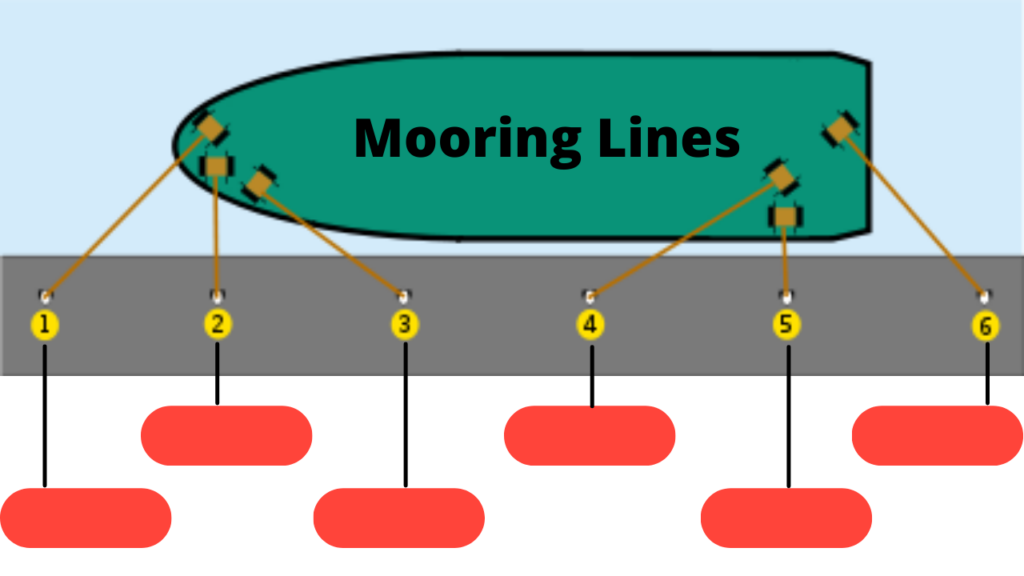Throughout SMART’s 25th Anniversary year, culminating in our National Conference September 20–22 in Itasca, Illinois, we will honor volunteers representing many types of individual service.
——-
 Bill Abbott’s service to SMART Recovery illustrates the multiple ways that a volunteer can contribute – as a facilitator, educator, advocate, and promoter.
Bill Abbott’s service to SMART Recovery illustrates the multiple ways that a volunteer can contribute – as a facilitator, educator, advocate, and promoter.
William (Bill) M. Abbott, MD has been involved with SMART Recovery for 12 years. His first experience with SMART happened in the summer of 2007 when Bill had realized he had begun drinking too much and was looking for help. He walked into a meeting at a local hospital at which the facilitator was founding president, Joe Gerstein. After only 10 minutes of the meeting, Bill knew this approach would be effective for him.
As a recently retired physician, it didn’t take him long to realize that facilitating SMART Recovery meetings would become the next vehicle to helping people in his community. After only a month Bill found himself helping at meetings, and not long after that, he had fully taken over his first meeting. With the help of his connections in the hospital community, one meeting quickly grew to five, and soon Bill was attending eight to nine local meetings each week, including one Family & Friends meeting in the program’s early days.
In the words of founding Board President Joe Gerstein, M.D., “Bill has demonstrated phenomenal abilities as a facilitator and built thronged meetings wherever he went. This is especially remarkable in that surgeons, especially Chiefs of Surgery at major institutions are supposed to be gruff and tough. He also produced many facilitators from his sessions.”
After successfully launching these meetings and handing them off to others in the community to continue, Bill then got involved in SMART Recovery Online and other strategic growth initiatives for SMART. As a former surgeon and M.D. affiliated with the Harvard Medical School, Bill and founding president Joe Gerstein, M.D., began introducing SMART meetings into hospitals throughout Massachusetts, including virtually all the leading ones. Some have since incorporated SMART meetings into treatment programs and hold them daily for patients and the public.
Bill’s role as Regional Coordinator of the New England area is one that he has taken very seriously. Bill has helped grow and unify SMART throughout the region by coordinating regular facilitator meetings and opportunities to learn more from featured speakers, including distinguished members of the local healthcare community. He believes his model of growing and nurturing facilitators is one that SMART Recovery can use in its efforts to grow the organization.
“As Regional Coordinator, I’m available to talk with facilitators when they have questions or if they’re struggling with anything at their meetings,” said Bill. “Regular and open communication between Regional Coordinators and their facilitators is key to the ongoing success of our program.”
Another area that Bill feels incredibly passionate about is facilitating the start of SMART Recovery and Family & Friends meetings in the same building and at the same time, which is an approach he believes can and should be replicated across the country. “Family & Friends are currently the most underserved community,” said Bill. “For every person with an addiction, you have several family members who are affected. By using this approach, loved ones can walk together into the same building and get the help they need.”
In addition to all of this, Bill has continually educated the entire SMART community as a frequent contributor to our newsletter and blog, speaking at our annual conference, and as a contributor to the SMART Recovery Handbook.
“I personally feel better about what’s happening in my life when leaving virtually every SMART meeting as compared to when I went in, and I usually go in feeling pretty fine already,” said Bill. “Being a facilitator, and seeing people light up and begin to get the idea that ‘I can do this myself with this help,’ it’s very exciting, satisfying, and fulfilling. Being a SMART volunteer has added meaning and purpose to my life again.”
A BIG thank you to Bill Abbott for his contributions to SMART Recovery over the years and continued support of our organization!
About the 25 in 25 Volunteer Recognition Program
The heart of SMART’s 25th Anniversary celebration in 2019 is the story of an extraordinary community of volunteers who have built a worldwide organization devoted to supporting individuals recovering from addiction and their family members and friends. These volunteers include addiction scientists and treatment professionals who designed a self-empowering 4-Point Program® and joined people with the experience of recovery and trained them to lead mutual support group meetings.
Together they have created and refined a peer-professional mutual-support group model that combines the best science for treating addiction with the lived experience of recovering from addiction – the world’s largest and only community of this kind with more than 3,000 group meetings in 23 countries. Each year, participants in these groups help each other recover at more than 150,000 meetings, in-person and online, led by volunteers trained how to use the SMART program.
Throughout SMART’s 25th Anniversary year, culminating in our National Conference September 20–22 in Itasca, Illinois, we will honor volunteers representing many types of individual service.
Click here to nominate a deserving individual.
Click here to learn more about the program and to see all who have been recognized.
About SMART Recovery
Founded in 1994, SMART (Self-Management and Recovery Training) uses science-based techniques that have proven to be effective in helping people recover from addiction problems involving any substance or behavior, including such things as alcohol, drugs, gambling, over-eating, shopping and internet use.
Each week, many thousands of people discuss recovery progress and challenges at more than 3,000 in-person meetings each week in 23 countries, daily online meetings and 24/7/365 internet message board forums and chat rooms.
Participants use SMART to assume responsibility for their own recovery and become empowered using its 4-Point Program®: building motivation; coping with urges; managing thoughts, feelings and behaviors; and living a balanced life.
For more information, please visit www.smartrecovery.org.




